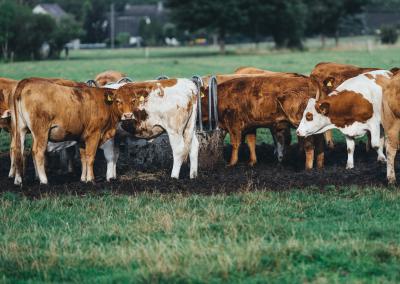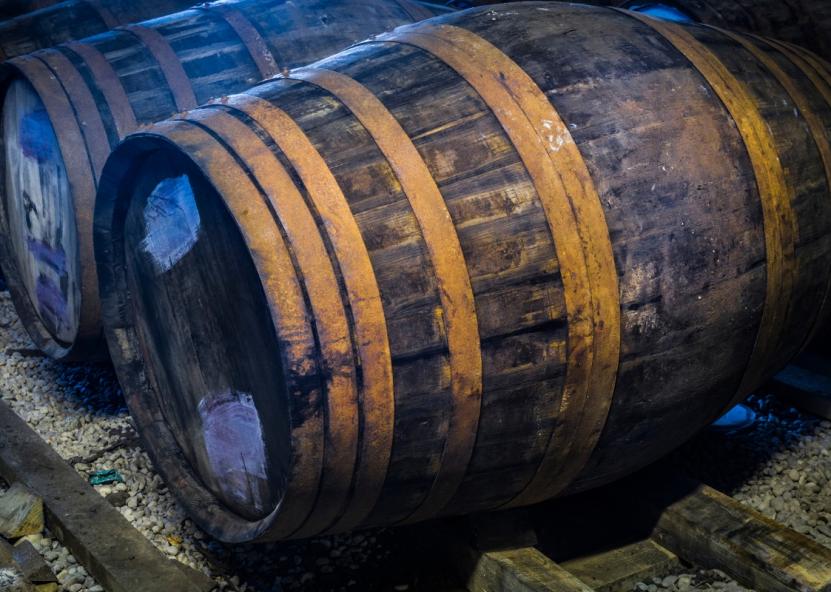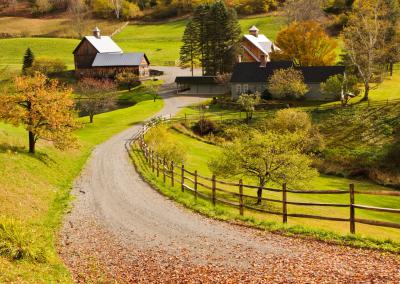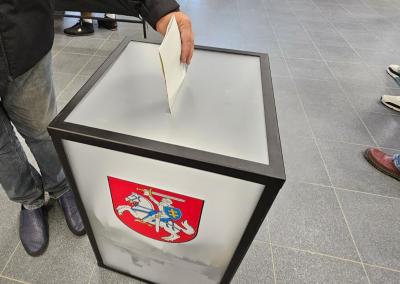The Seimas authorises farmers to produce traditional alcoholic beverages in rural tourism farms
On Tuesday, the Seimas approved amendments to the Law on Alcohol, which will allow farmers to produce traditional alcoholic beverages for their own consumption or for on-site tasting in rural tourism farmhouses.
The amendments were approved by 63 votes in favour, 22 abstentions and 15 votes against. This law enters into force on 1 November 2024.
As described in the law, a traditional alcoholic beverage produced by a farmer – a beverage of up to 65% ethyl alcohol by volume, recognised as a national heritage product.
It also provides that the production of naturally fermented alcoholic beverages with an ethyl alcohol concentration of no more than 18% vol. and beer – no more than 9.5% vol. is allowed in Lithuania, not for sale, but only for the consumption of the producer's own needs or those of the family.
It is foreseen that such beverages will not be available for sale, but only for consumption in tourist farmhouses, for personal or family consumption and for tasting on the spot. A maximum of 100 litres of traditional alcoholic beverages may be produced per calendar year.
Drinks produced by farmers will have to be bottled in 0,2–1 l containers. These alcoholic beverages will have to be clearly labelled with a number, the name of the farmer who produced the beverage, the date and time of production, the composition and the alcoholic strength by volume of the product.
According to the drafters of the amendment, it would reduce crime in the country by ensuring control over the volume of alcohol production and the quality of the beverages produced.
The decision drew criticism from both the opposition and the ruling party
Parliamentarian Agnė Širinskienė criticised the decision because the Alcohol Law should limit consumption, not encourage it. She also said that such legalisation would contribute to the "dumbing down" of the regions.
„It is regrettable that conservatives judge a country's level of civilisation through whether it is allowed to produce alcohol at home. You have also done nothing for the regions in 4 years, and now before the elections you are trying to make Lithuanian villages even more drunk, like Tsarist Russia or the Soviet Union did," Širinskienė explained in the Seimas on Tuesday.
„The aim of the Alcohol Law is to ensure a healthier society and to reduce consumption“, – she said.
Conservative Vilius Semeska, who denied such accusations, argued that many Western countries allow the production of traditional beverages and that the tradition of spirits is not a legacy of occupation. The idea that Lithuanians are mature enough to drink in moderation was supported by Kęstutis Mažeika, a member of the Seimas.
„Lithuania, like other Western European countries, will finally legalise the production of traditional alcoholic beverages. (...) This rather strict regulation is beneficial for regions and villages“, – argued V. Semeška.
„I think we are mature enough for people to be able to serve it to guests and visitors by making a natural product“, – said K. Mažeika.
The amendments have also attracted criticism from the freeholder Morgana Daniele, who believes that the law contains too few control mechanisms and will not ensure the drinkability of drinks. She stressed that if the same mechanisms were proposed to regulate homemade cannabis, Parliament would not support the proposal.
„With this draft you are legalising home-made vodka. But if it were a law allowing cannabis, would that be satisfactory? Would it be satisfactory that there are no control mechanisms, that there is no control? The main argument is that people are hiding now because it is not legal to produce. There is now a draft that legalises a substance that is lethal when prepared incorrectly. But there is no obligation to transport and inspect, –, – commented the freeman.
Liberal Eugenijus Gentvilas criticised this position as lacking coherence. The politician himself claimed that he „would vote for the legalisation of both hookah and cannabis“.
20 MPs have proposed to allow, as early as 2021, the preparation, storage and sale of homemade vodka and other traditional alcoholic beverages weaker than 65 degrees to be made, stored and sold by farmers registered in the Lithuanian Farmers' Register, who are engaged in rural tourism and are certified traditional artisans.
There are 300 certified producers of national heritage food products in Lithuania, of which about 70 are farmers.











































































































